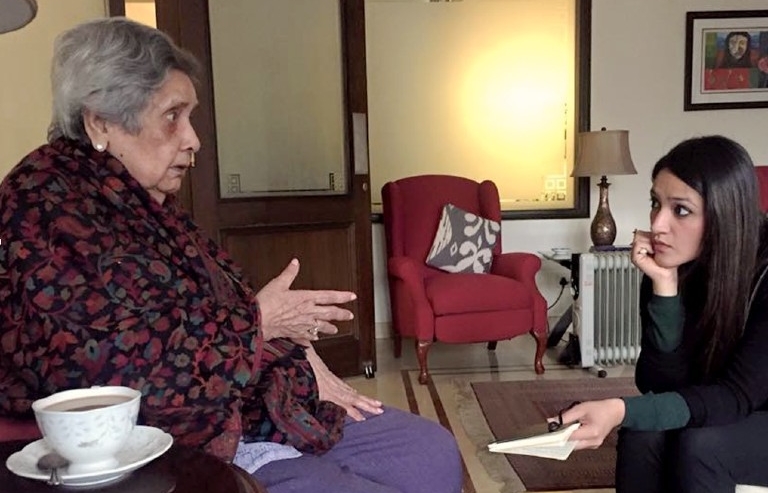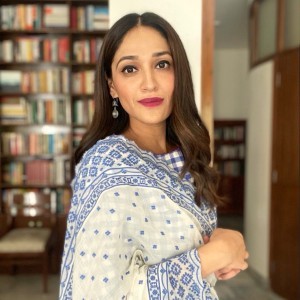‘A unique job, not without its own challenges’
Before fiction crossed her artistic radar, Malhotra was studying traditional printmaking and art history at Toronto’s Ontario College of Art and Design University. She then went on to graduate school to delve deeper into printmaking at Concordia, majoring in studio arts, and was soon enamoured by how wide-ranging her practice could be.
“It was Eric Simon, a professor I had, who helped me realize how writing can be visual, too, and that idea of multidisciplinary thinking let me explore whatever medium would best express the ideas I had.”
In the case of another major project she co-founded, that medium was a website. The Museum of Material Memory acts as a crowd-sourced digital hub for anyone to submit stories around the objects that connect them to the history of India, Pakistan, Bangladesh and other countries of the subcontinent.
Being an oral historian and a writer mining the past is fulfilling, says Malhotra, but also taxing. “It is a unique job, not without its own challenges, whose most important tenet is to be able to listen without asserting opinion or being coloured by bias, and then to realize that in some way, you will always continue to hold on to this sadness of others.”

 Aanchal Malhotra (right) interviewing Savitri Mirchandani in 2016. | Photo by Maya Mirchandani
Aanchal Malhotra (right) interviewing Savitri Mirchandani in 2016. | Photo by Maya Mirchandani
 Aanchal Malhotra | Photo by Aashna Malhotra
Aanchal Malhotra | Photo by Aashna Malhotra


